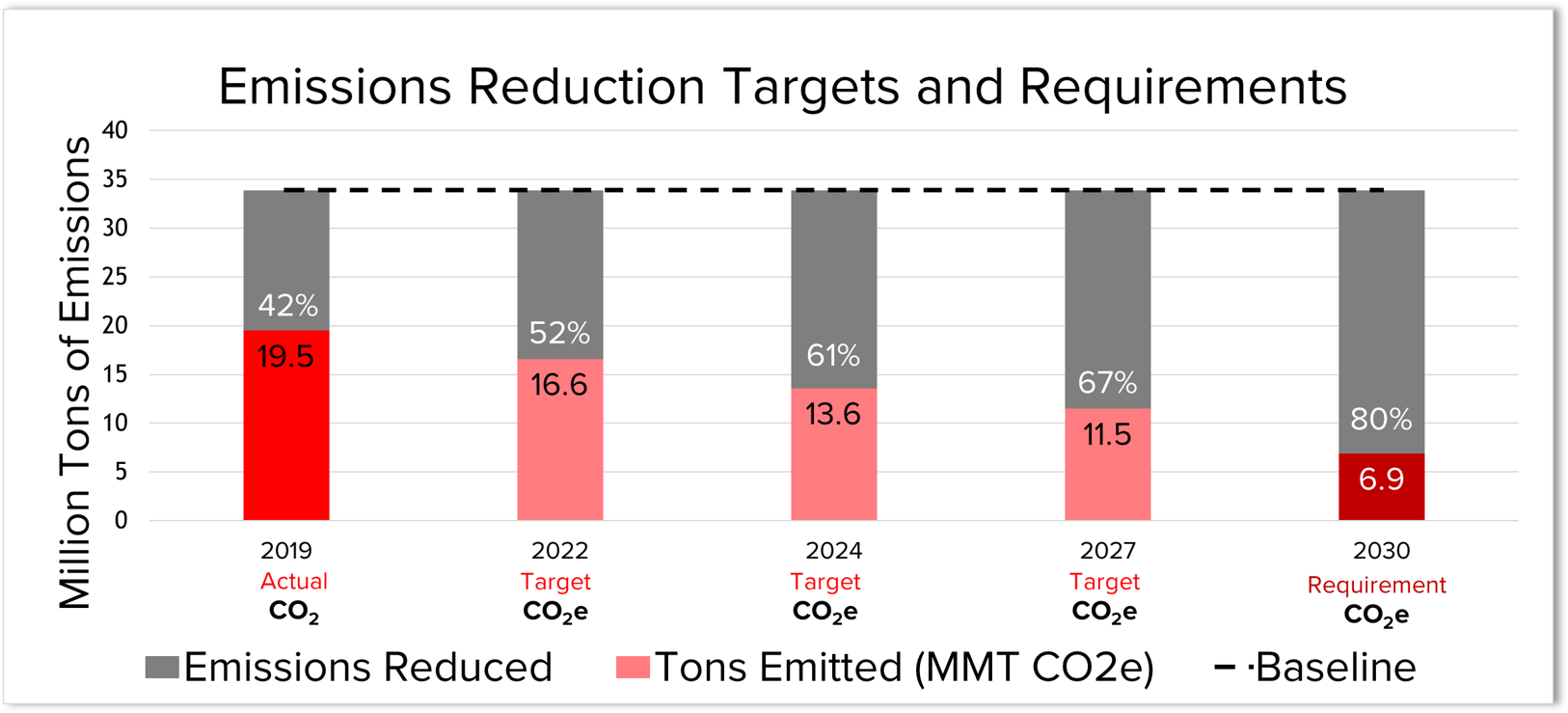Yes.
Most of the time, cities have franchise agreements with public utilities operating within their boundaries. Past franchise agreements between the city and Xcel Energy provided the company the right to use the city’s streets, public places and easements to serve Boulder customers. Franchise agreements dictate the long-term relationship between the utility and the city and can provide a platform for unique partnership opportunities that may help the city’s progress toward its energy goals.
Between 2010 and 2020, the city and Xcel operated without a franchise agreement while the city explored the creation of a city-run electric utility.
The new franchise agreement, approved by voters in 2020, allows the city to exit at certain times, listed in this table:
| Year | Reason to exit franchise agreement |
|---|
| 2023 | Failure to meet emissions standard |
| 2025 | Failure to meet emissions standard |
| 2025 | Any reason |
| 2028 | Failure to meet emissions standard |
| 2030 | Any reason |
| 2035 | Any reason |
| 2041 | End of franchise |

